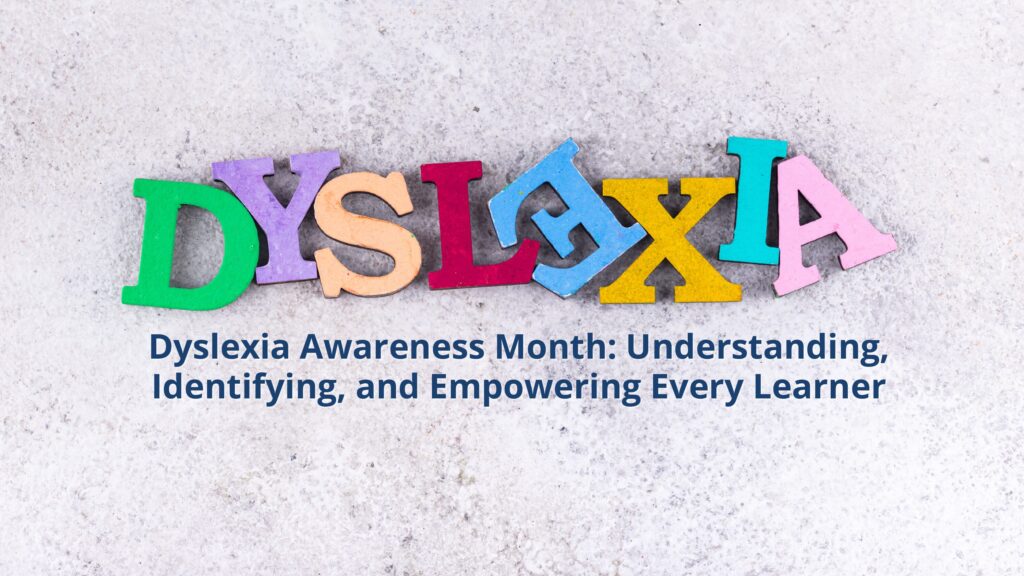Navigating the special education system can be overwhelming for parents, especially when it comes to understanding the Individualized Education Plan (IEP) process. This guide will help you understand what an IEP is, how it is developed, and how you, as a parent, can play a vital role in ensuring your child receives the support they need.
What is an IEP?
An Individualized Education Plan (IEP) is a legal document that outlines a customized educational plan to meet the unique needs of a student with a disability. It is designed to help your child succeed academically by providing accommodations, specialized instruction, and related services like speech or occupational therapy. The plan includes:
- Strengths and challenges: A clear outline of what your child excels at and where they may need additional support.
- Annual goals: Specific, measurable objectives for your child to work toward during the school year.
- Accommodations and services: Adjustments and resources, such as extra time on tests, small group instruction, or assistive technology, that help your child reach their goals.
The IEP is a dynamic document that is reviewed and updated at least once a year to ensure it continues to meet your child’s changing needs
Who Develops an IEP?
An IEP is created by a team of professionals and stakeholders who are all committed to your child’s success. This team includes:
- Parents or guardians: Your input is invaluable as a parent. You know your child best and can offer insights that guide the development of the IEP.
- General education teachers: They share how your child is performing in the classroom and suggest accommodations that may be needed.
- Special education teachers: These professionals help design specialized instruction and services tailored to your child’s unique learning needs.
- School administrators: They ensure that the IEP meets legal standards and that the necessary resources are available to support the plan.
- School psychologists and evaluators: They formally evaluate your child’s strengths and challenges to determine eligibility for special education services.
- Your child (when appropriate): As your child grows older, they may be encouraged to participate in IEP meetings to advocate for their needs.
Steps to Take If You Believe Your Child May Need an IEP
- Request an evaluation: If you have concerns about how your child is learning, communicating, or progressing in school, you can request an evaluation from your local public school. This evaluation is free of charge, and parental consent is required for it to proceed. You also have the option to obtain a private evaluation from an outside professional. This a formal request should be done in writing and given to your school principal or teacher. The school must respond within 10 days as to how they will proceed with the evaluation request.
- Collect information: Gather any relevant documentation that supports your concerns, such as medical records, past evaluations, teacher observations, report cards, or work samples. The more information you have, the more comprehensive the evaluation will be.
- Meet with school personnel: Schedule a meeting with your child’s teachers and administrators to discuss your concerns and the next steps in the evaluation process. This helps ensure everyone is aligned and your child’s needs are thoroughly understood.
Tips for Navigating IEP Meetings
IEP meetings can be emotionally challenging, but you can effectively advocate for your child’s needs with the right preparation. Here are some tips to help you through the process:
- Prepare ahead of time: Before the meeting, review any documents provided to you, such as evaluation reports or draft versions of the IEP. Take note of any questions or concerns you have. Use our IEP Checklist to help you prepare.
- Ask questions: If something is unclear—whether it’s a specific term, assessment result, or decision—ask for clarification. Understanding every aspect of the IEP is important for making informed decisions.
- Bring support: Consider bringing a trusted family member, friend, or advocate to the meeting. Having another person present can offer emotional support and help you absorb all the information.
- Stay focused on your child’s needs: The goal of the meeting is to develop a plan that supports your child’s growth and success. Keep the conversation centered on your child’s strengths, challenges and how the team can best address them.
Know Your Rights as a Parent
Under the Individuals with Disabilities Education Act (IDEA), parents have specific rights regarding their child’s IEP. Understanding these rights empowers you to be an advocate for your child’s education:
- Meaningful participation: You have the right to be actively involved in every step of the IEP process, from evaluations to meetings.
- Bring an advocate: You can invite anyone you feel may help advocate for your child to participate in IEP meetings, such as an advocate, therapist, or family friend.
- Disagreeing with the IEP: If you don’t agree with the IEP, you can request amendments or formally disagree by following IDEA disagreement process. This can lead to additional evaluations or a mediation process.
- Requesting data: You have the right to request and review the data the school uses to determine whether the accommodations and strategies are benefiting your child.
Final Thoughts
As a parent, you play a crucial role in ensuring your child’s educational needs are met. Don’t hesitate to ask for help, seek resources, or advocate for changes when necessary. Schools are there to support you and your child, but your voice is essential in guiding the IEP team toward making the best decisions for your child’s education.
Remember, you are not alone in this process. Many parents, educators, and professionals are here to support you and your child in their educational journey.
Visit The US Department of Education’s website for more information on federal laws and regulations.
Please visit your local government page for more information on how specific requirements will be implemented in your state.


 24 Sep 2024
24 Sep 2024 












